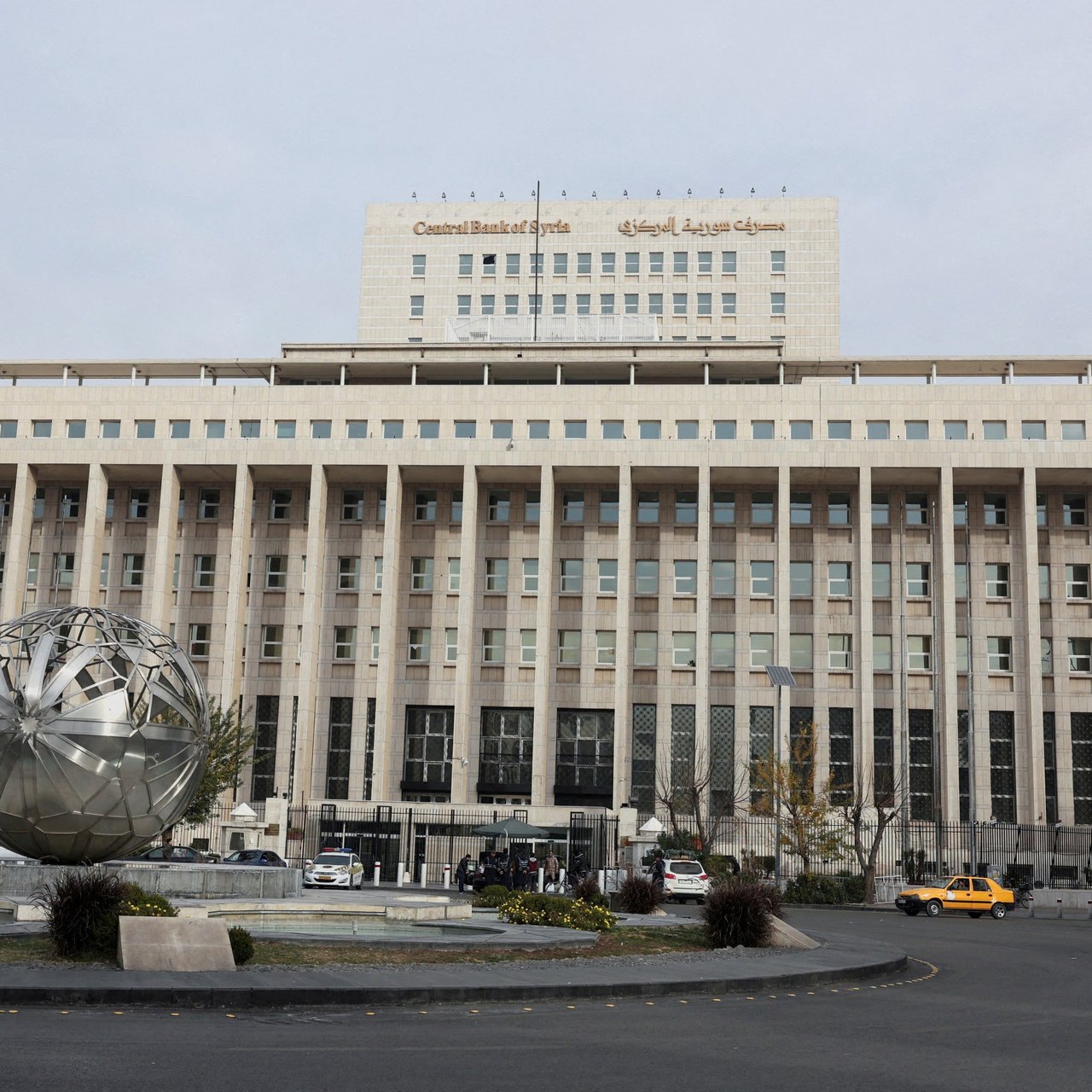The al-Assad family (Arabic: عَائِلَة الْأَسَد ʿāʾilat al-ʾAsad), also known as the Assad dynasty, has ruled Syria since General Hafez al-Assad became President of Syria in 1971 under the Ba'ath Party. After his death, in June 2000, he was succeeded by his son Bashar al-Assad. The Assads are originally from Qardaha, near Latakia, in north-west Syria. They are members of the minority Alawite sect and belong to the Kalbiyya tribe. The family name Assad goes back to 1927, when Ali Sulayman (1875–1963) changed his last name to al-Assad, Arabic for "the lion", possibly in connection with his social standing as a local mediator and his political activities. All members of the extended Assad family stem from Ali Sulayman and his second wife Naissa, who came from a village in the Syrian Coastal Mountains. During his early reign in the 1970s, Hafez al-Assad created patronage networks of Ba'ath party elites and Alawite figures loyal to his family. Members of Assad family established control over vast swathes of the Syrian economy and corruption became endemic in the public and private sectors. After Hafez al-Assad's death, family connections continued to be important in Syrian politics. Several close family members of Hafez al-Assad also held vital positions in the government since his rise to power, an arrangement which exists to the present day. Syrian bureaucracy and business-community are also dominated by members of the Assad dynasty and individuals affiliated with them. Hafez Al-Assad built his regime as a bureaucracy that was marked by a distinct cult of personality, uncharacteristic in modern Syrian history. Images, portraits, quotes and praises of Assad are displayed everywhere from schools to public markets and government offices; and Hafez al-Assad is referred as the "Immortal Leader" and the "al-Muqaddas (Sanctified One)" in official Assadist ideology. Hafez re-organised the Syrian society in militaristic lines and persistently invoked conspiratorial rhetoric on the dangers of foreign-backed plots abetted by fifth columnists and promoted the armed forces as a central aspect of public life. Following the death of Hafez; the personality cult was inherited by his son and successor Bashar al-Assad who is hailed by the party as the "Young Leader" and "Hope of the People". Highly influenced by the model of the North Korean Kim dynasty, official propaganda ascribes divine features to the Assad dynasty; and reveres the Assad patriarchs as the founding fathers of modern Syria. From Wikipedia




